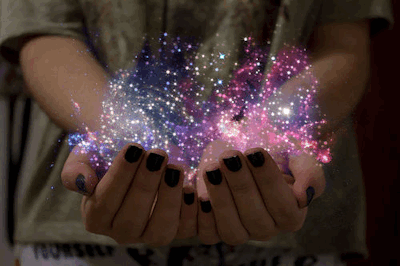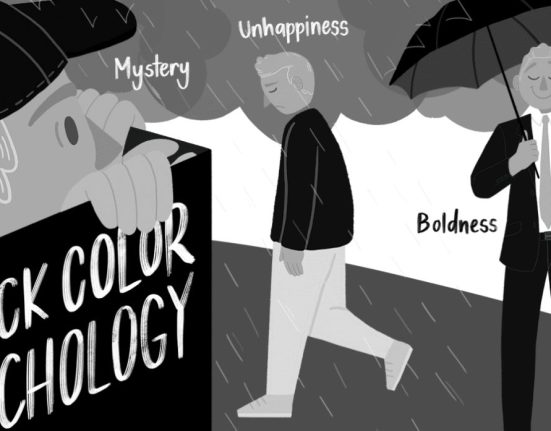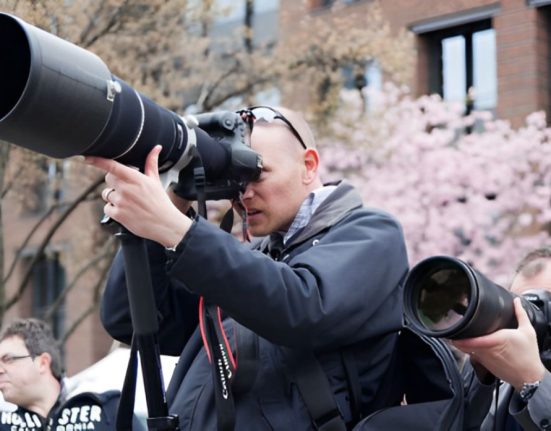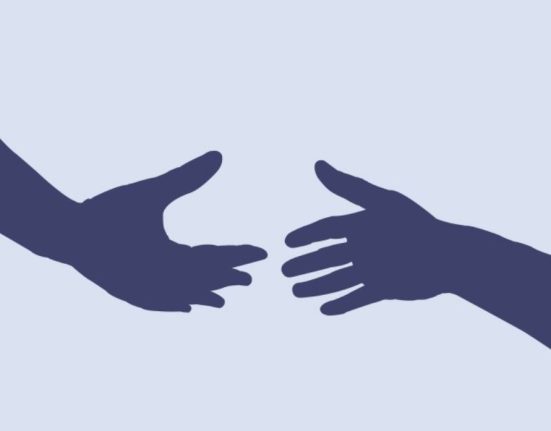Wellness practices that defy science are common in Los Angeles’ diverse metropolitan setting. Many alternative therapies claim to promote holistic wellness. These include floating in chambers for sensory deprivation and bathing in soothing noises. What should be done to alleviate the mistrust around unorthodox therapy approaches like Reiki, which are rejected even in progressive Los Angeles?
Kelsey Patel, a reiki, meditation, and yoga practitioner, shared her perspective. She was suspicious of Reiki healing due to her background in the US Senate and a Fortune 500 company. Reiki sessions changed the her perspective. She didn’t know the topic of these sessions, but knew she would leave feeling calmer. Patel says Reiki’s ethereality is deliberate. As in conventional psychotherapy and meditation, growth is rarely linear and often unexpected. Individual growth depends on self-reflection and personal experiences.
Is Reiki grounded in scientific principles, or is it mostly considered a mystical practice? In this blog, we shall explore the intricacies surrounding the practice of Reiki healing and endeavour to provide resolutions to the inquiries that perplex individuals.
What Is Reiki?
Japanese reiki involves the transfer of qi (chi) through the palms of a practitioner, often with physical touch or hands on the recipient’s body. Eastern medicine holds that Qi, the life force energy, penetrates the body. Reiki aims to balance this energy for optimal well-being. Numerous components of Reiki resemble guided meditation. Meditation may help treat a variety of physical and emotional disorders, making it appealing to individuals seeking overall health.

Expectations From a Reiki Session
Given the individualised nature of each person’s Reiki experience, it is imperative to approach the session without any preconceived assumptions. According to Patel, individuals who choose to undertake this endeavour are advised to maintain a receptive mindset. The practice of Reiki is consistently active, as it operates on the basis of energy. Consequently, those who possess a greater receptiveness to Reiki are more likely to experience the complete range of therapeutic advantages associated with this treatment.
Individuals undergoing a Reiki session may encounter a diverse array of sensory experiences. One notable characteristic of Reiki is its ability to elicit unexpected physical experiences. During collective sessions, certain individuals have reported experiencing a tingling sensation prior to the practitioner making physical contact with them.
The Benefits of Reiki
Reiki is associated with several potential benefits. Patel elucidates the advantageous outcomes she has personally observed in both her own experiences and those of her clientele, including alleviation of back pain and reduction of anxiety. Reiki has been slowly accepted by the scientific community, but a small body of data suggests its efficacy. Reiki improves chemotherapy patients’ well-being.

The scientific implications of Reiki become apparent when examining its potential for inducing a contemplative mood. Meditation has been shown to affect brain activity, which may help treat addiction, chronic pain, and sleeplessness.
Reiki can treat physical pain, cognitive tiredness, psychological anguish, weight control, and trauma recovery. Reiki fundamentally restores balance and harmony. In addition to yielding specific outcomes, Reiki often engenders a profound state of serenity and revitalised belief in one’s personal journey.
Reiki embodies a trajectory characterized by the intricate amalgamation of ancient wisdom and contemporary scientific principles. If one holds skepticism towards alternative therapies, proponents of such therapies advocate for adopting their approach by maintaining a receptive mindset, relinquishing preconceived notions, and exploring the distinct advantages that practices such as Reiki might offer. The path towards achieving holistic wellbeing may be more attainable than one may perceive.

Also Read: The Modern Epidemic of Ghosting









Leave feedback about this